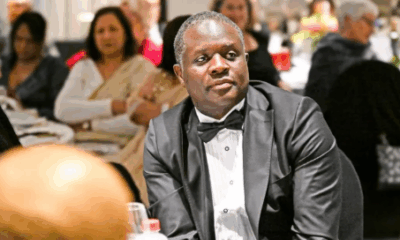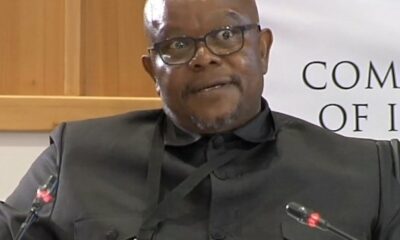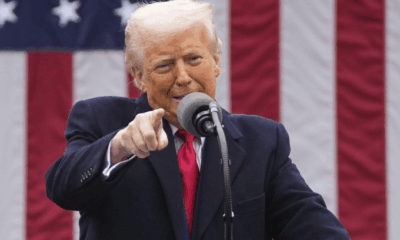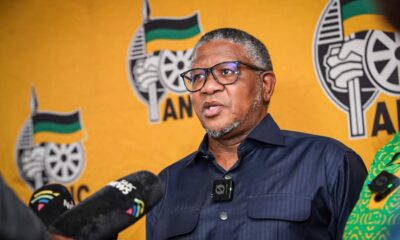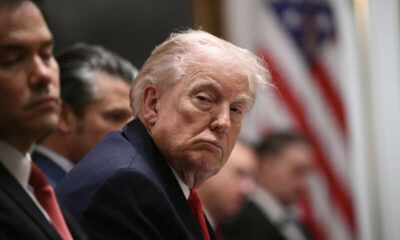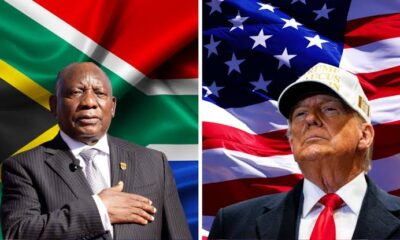News
Ramaphosa Responds to Rising US Tensions and Sanctions Threats
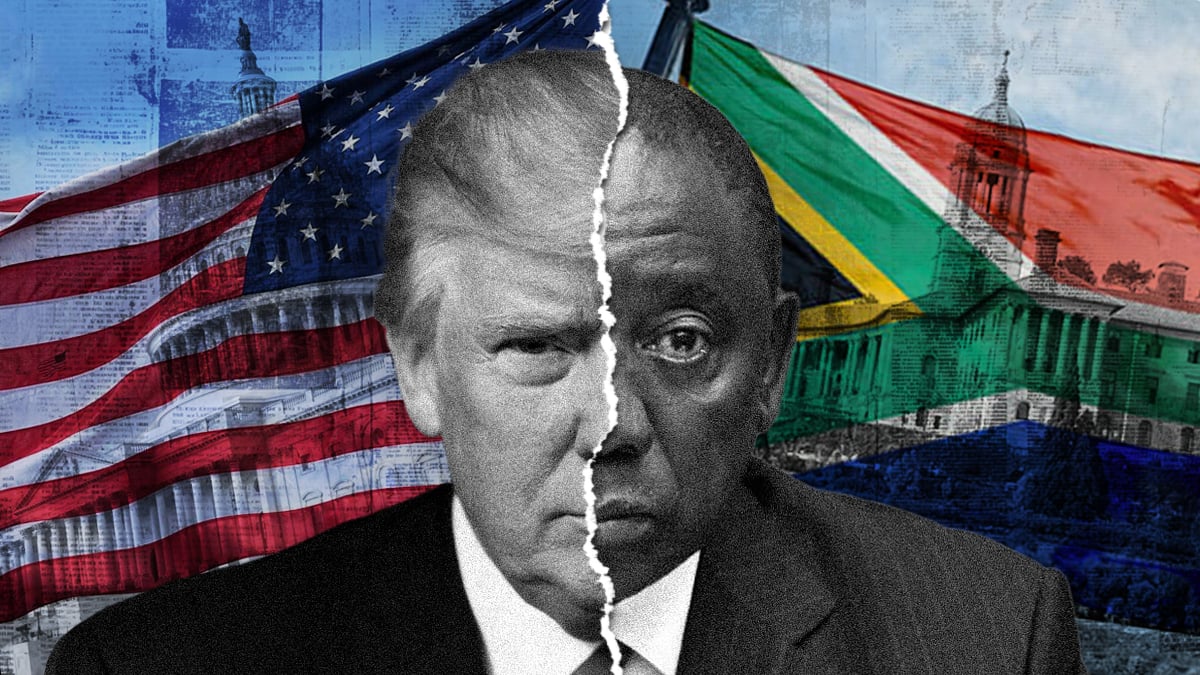
President says South Africa won’t be bullied into silence over its global alliances
President Cyril Ramaphosa has finally addressed growing concerns over a US congressional bill that could impose sanctions on South African leaders. His tone? Calm but firm, rooted in diplomacy, even as tensions between Pretoria and Washington reach a new post-apartheid low.
At the heart of the issue is a piece of legislation passed this week by the US House Foreign Affairs Committee. The “US-South Africa Bilateral Relations Review Act,” tabled by Texas Republican Ronny Jackson, calls for a reassessment of the United States’ relationship with South Africa. If passed by the full House, it could pave the way for sanctions on ANC leaders accused of cozying up to America’s rivals like China, Iran, and Russia.
@joburgetc US Threatens Sanctions on South Africa Over BRICS, Palestine | HandsOffSouthAfrica Trends Amid Tensions | What It Means for Trade & Diplomacy #southafrica #BRICS #US #trump2025 #palestine ♬ original sound – joburgetc
“We don’t know exactly what’s driving all this”
Ramaphosa, speaking during a media scrum at BMW’s Rosslyn plant in Pretoria, appeared unfazed. “We have heard what has happened in the US House committee,” he said, “but that whole process still has a long way to go.”
The president said South Africa remains committed to maintaining “good diplomatic relations” with the United States and hinted that the bill caught Pretoria off guard. “We don’t know exactly what is driving all this,” he added. “But our discussions and dealings with the United States will continue.”
What’s fuelling the fallout?
The deterioration didn’t happen overnight. It’s part of a deeper unraveling of US-SA relations that began during Donald Trump’s second term. Trump’s administration accused the ANC of “anti-white racism” and controversially offered refugee protections to white South African farmers and Afrikaners, a move widely seen as a political gesture to his far-right base.
More recently, Pretoria’s decision to drag Israel to the International Court of Justice over alleged genocide in Gaza appears to have reignited tensions. Adding fuel to the fire, South Africa also deepened diplomatic ties with Iran — a move the US views as aligning with hostile regimes.
Insiders in the Presidency say the Ramaphosa administration was left stunned when Washington refused to accept Mcebisi Jonas as a special envoy. Although Jonas wasn’t meant to act as an ambassador, his role was supposed to help “reset” relations. Instead, the US quietly blocked his appointment without a formal explanation.
Then came the tariffs
Just weeks before the sanctions bill moved forward, Trump delivered another blow: a 30% blanket tariff on all South African exports to the US, set to take effect on August 1. In a letter to Ramaphosa, Trump justified the move as a response to the US’s growing trade deficit with South Africa, a claim Ramaphosa immediately pushed back on, calling it “a flawed interpretation of the data.”
The trade penalty is likely to hit South Africa’s auto, wine, and fruit exports the hardest, industries that employ thousands.
Online, South Africans are divided
On social media, reactions to Ramaphosa’s remarks have been mixed. Some say South Africa should stop playing “both sides” of the global power divide. Others defend Pretoria’s foreign policy as principled, especially regarding Gaza.
“South Africa isn’t a US puppet,” wrote one user on X (formerly Twitter). “We stand with oppressed people, even if it costs us.”
Another posted: “So we’re losing trade, investment, and global goodwill just to impress Iran and China? Wake up, ANC.”
The US House of Representatives has yet to schedule a full vote on the bill. But even if it passes, experts say it will likely spark a long period of diplomatic back-and-forth, with little immediate impact on South African officials. However, if sanctions do follow, they could freeze assets or bar ANC figures from traveling to the US.
The bigger question may be whether the two nations , once seen as close allies in the fight against apartheid and for democracy can salvage their relationship in a time of global polarisation.
For now, Ramaphosa is betting on diplomacy.
And for the rest of us watching? It’s a high-stakes chess match between sovereignty and sanctions.
{Source: The Citizen}
Follow Joburg ETC on Facebook, Twitter , TikTok and Instagram
For more News in Johannesburg, visit joburgetc.com

